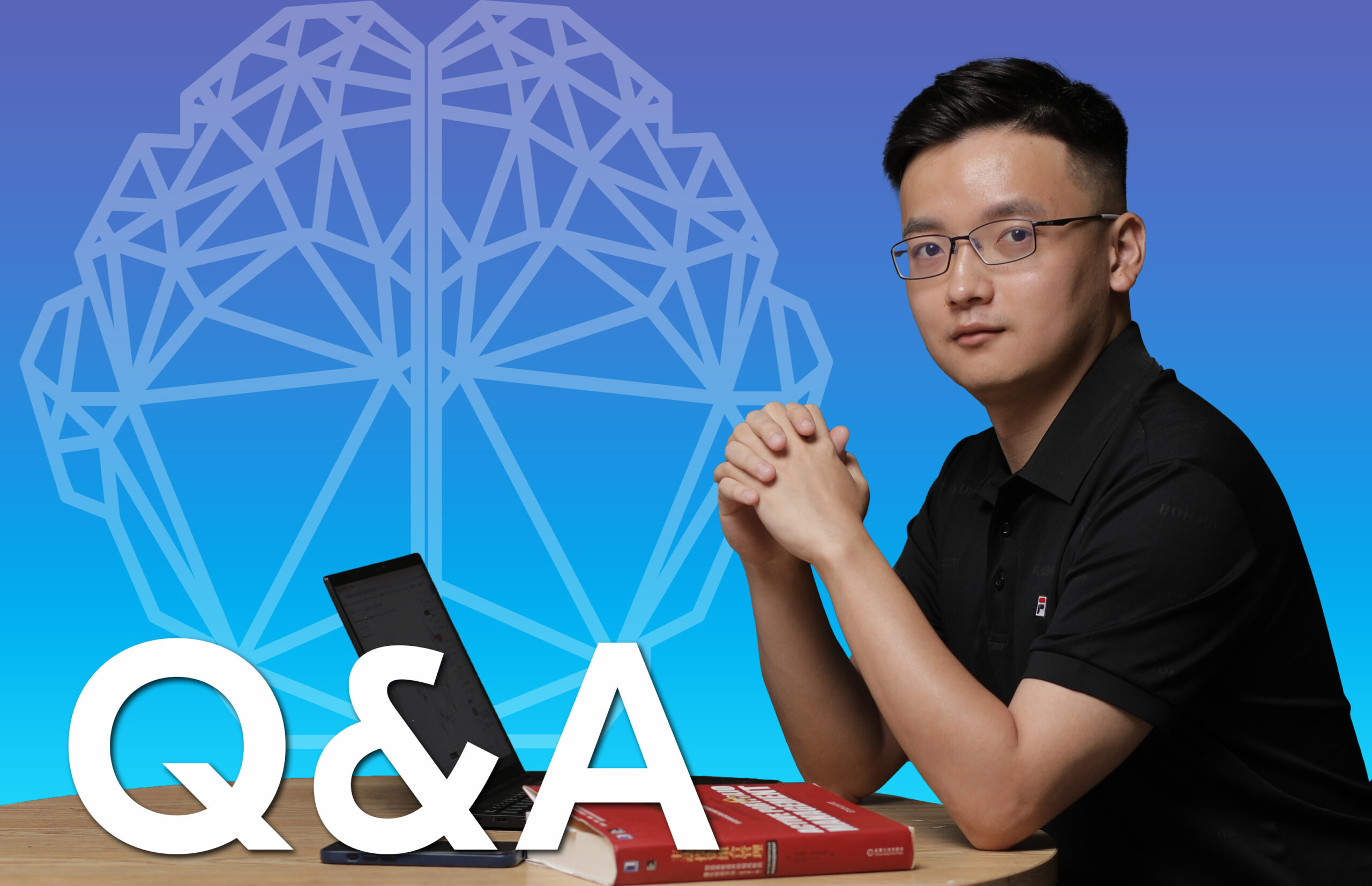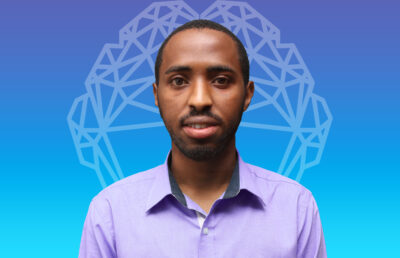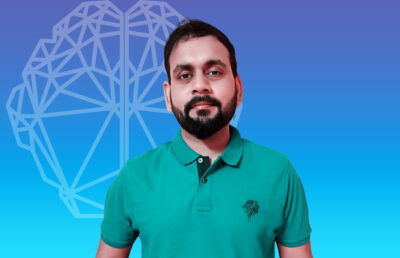China-based WorldQuant BRAIN Consultant Zhuangzhuang Meng got interested in quant finance because of the similarities with game theory.
What city do you call home?
I was born in Chengdu, the capital city of Sichuan Province in China, but I have been living in Suzhou in Jiangsu Province since I was 1. I usually tell people I come from Suzhou.
Where did you go to university and what did you study?
I did my undergraduate study at Nanjing Forestry University, majoring in light chemical engineering with a focus on wood chemistry and papermaking technology. I later earned a master’s degree in financial engineering from the University of International Business and Economics in Beijing, focusing on quantitative investment.
How did you get interested in quantitative finance?
Before my graduate study, I was a huge fan of games. I became interested in quantitative finance because I found similarities between quant finance and game theory. When playing a game, you need to identify your counterpart’s weakness and take advantage of it. In financial markets, quants also make good use of pricing inefficiency and their counterparts’ trading habits. Agile and effective actions are essential to both game playing and quant finance. Strong thinking ability also plays a crucial role.
Why did you want to become a BRAIN consultant?
I was not familiar with WorldQuant, but one of my professors introduced me to the firm‘s International Quant Championship. During the competition, I submitted more than 60 alphas* and became a consultant. When I received an invitation to join WorldQuant Brain this year, I was more than happy to join.
What is your favorite part about being a BRAIN consultant?
I like that every week I learn new ways of creating alphas. I also feel a sense of accomplishment seeing my alphas pass through in-sample and out-of-sample testing and knowing that they may be used in actual investment strategies by licensed portfolio managers.
What do you like most about the BRAIN platform?
You can try to simulate your ideas in a very convenient way — there is no need to do preprocessing of datasets.
What is the most challenging part about doing quant finance research?
I think the most challenging part of doing quant finance research is that you need to have comprehensive skillsets. First, you should be good at programming and modeling. You should have an understanding of Python and Linux; it’s better to also know C++ and Rust. Second, you should be sensitive to the market — quant strategy is not simply a math game, it is greatly impacted by the macro economy and market sentiment. The most challenging part is you need to motivate yourself to learn, to push yourself from zero to 1.
How has your experience working with WorldQuant helped shape your career goals?
Becoming a research consultant with WorldQuant is one of the highlights on my resume, and I have been interviewed a lot regarding my experience. Making alphas for WorldQuant also helps me deepen my understanding of multifactor models.
What advice would you give others considering getting involved with WorldQuant BRAIN?
The beginning is the most difficult part. You need to create your very first alpha eventually to become a research consultant with WorldQuant.
What do you like doing in your free time?
I like writing alphas in my free time. If I have additional spare time, I like to go jogging or swimming.
*Alphas are mathematical models that seek to predict the future price movements of various financial instruments.





